DevOps plays a vital role in supporting automation to a project team in Developing, Testing, and Releasing the project. These three phases are normally termed as Continuous Integration (CI), Continuous Testing (CT), and Continuous Delivery (CD). There are a variety of DevOps Monitoring Tools that help the team to achieve these phases easily and efficiently.
In general, the DevOps is a combination of few processes in which the Operation Engineers and Software Engineers work together throughout the complete Software Development Cycle.
According to Jez Humble, “DevOps is not a Goal, but a never-ending process of Continual Improvement.”
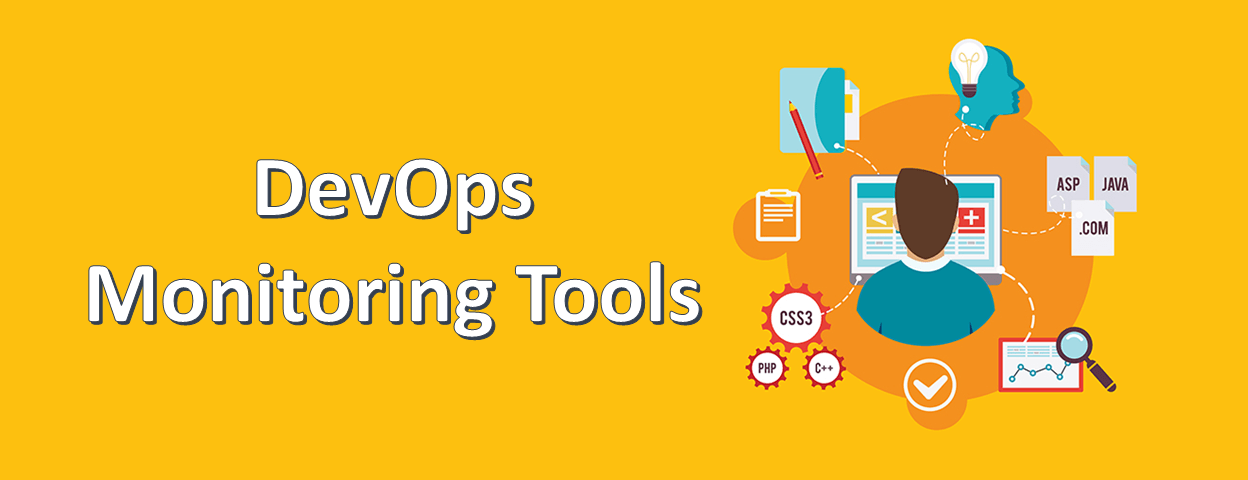
Companies are likely to opt for DevOps Monitoring Tools to minimize production time, improve communication, reduce cost, and lead deployment failures almost to negligible. For a company to completely equip the DevOps, the five major processes needed to be taken care of, i.e. Communication, CI/CD, Configuration Management, Security, and Monitoring Tools.
Top 10 DevOps Monitoring Tools
Before heading towards the list, let me clear that, if you consider DevOps as a Tool, then it is the right time to correct your misconception first. DevOps is not a Software or any Tool. Actually, it is a culture that the companies used to adopt it for continuous improvement. Basically, it helps to take the Developer and Operations Team on the same page, which helps them to work with ease and in harmony.
1. Docker

Docker is a lightweight DevOps Tool that uses a container to packs up an application while fulfilling all the requirements and dependencies before delivering the final container as a single package.
Since its launch in the year 2013, the Docker DevOps tool has been the number one container platform and continues to improve itself as well. In the tech industry, Docker has made containerization a popular trend. It keeps applications in an individual container, so the application can be transferred easily and under high security as well. Docker Monitoring applications are OS and platform-independent.
Docker DevOps get secured packaging, deployment, and the execution of the application irrespective of the environment on which it has been deployed. Each application container holds the source code, supporting files, run time, system configuration files, and other details as well. The Docker DevOps app allows organizations to minimize their infrastructure expenses.
Recommended Reading: Top 10 Trustable DevOps Consulting Companies Globally
To improve the final product delivery workflow the Docker Monitoring can be integrated with Jenkins or Bamboo automation servers. It also works effectively with Cloud Computing.
The number of familiar and established companies that are already using Docker DevOps tools are PayPal, Uber, eBay, The New York Times, Oxford University Press, and many more.
2. Git
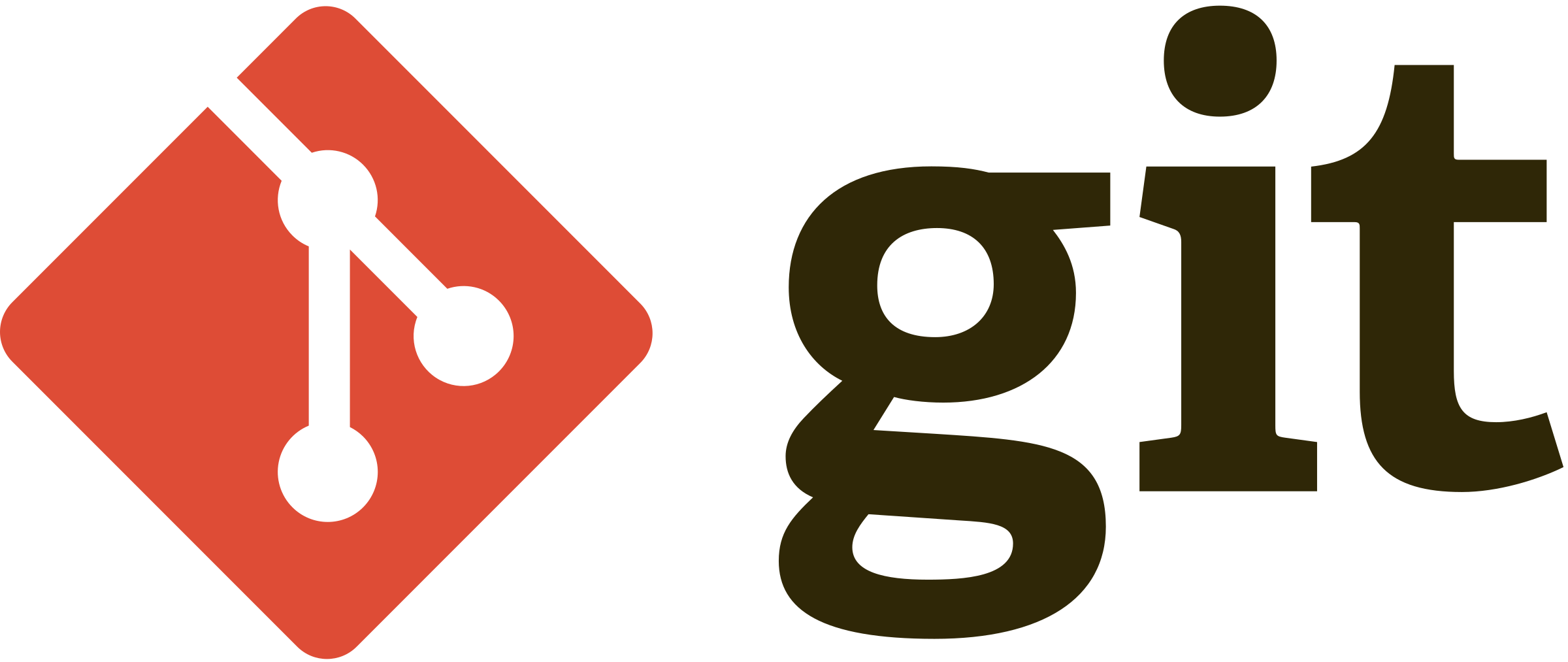
Git is another one of the most popular DevOps tools which have been widely used across the Software Industry. It is a version control system that tracks all the changes of your file so that you can analyze the changes and look over the effectiveness of new and previous versions at a go. It is a great monitoring tool which allows easy work coordination with the whole team.
Instead of focusing on single application monitoring tools, I would prefer GitHub, BitBucket, and GitLab to present the overall value of Git as a DevOps Tool. Despite that, GitHub has been considered as the best place for the developers to share the Open-Source Projects and collaborate with the whole team at once. It allows you to track the progress in the project development work. Here, the different versions of source code can be saved and even returned to the previous version when the need arises. It is a great platform to implement your experiments as well, where you can integrate and create new features only when they are ready to be implemented finally.
Among the three Git repo hosting services, GitHub and BitBucket are the best as they have brilliant integration.
The number of familiar and established companies that are already using Git DevOps tools are Facebook, Amazon, Accenture, Yahoo, LinkedIn, Google, and many more.
3. Jenkins

Jenkins is an automation server and is highly focused on Continuous Integration and Continuous Delivery i.e. CI/CD pipeline and releases robust deployment automation. It is an Open-Source automation server monitoring tool. It provides multiple ways of communications i.e. with web-based GUI, CLI, and REST API.
Jenkins DevOps tool is so much popular in the market due to its great plugin ecosystem. Right now, it offers more than 1,000 plugins which help it to integrate with almost every DevOps tool, ranging from Docker to Puppet. It also allows easy setup and customizing the CI/CD pipeline based on your needs.
Jenkins being a highly customizable aggregation tool provides instant feedback. As well as, instantly warns you if any kind of breaking takes place or harms the project.
Jenkins allows easy and instant iteration along with the deployment of new codes as soon as possible. It even allows to measure the success of each step taken into the pipeline. However, depending on the DevOps Toolchain, architecture, and team structure Jenkins will work effectively with Ansible DevOps tools and they both would be needed by you for different reasons.
The number of familiar and established companies that are already using Jenkins DevOps tools are OpenStack, Pentaho, AngularJS, LinkedIn, Capgemini, Luxoft, and many more.
4. Kubernetes
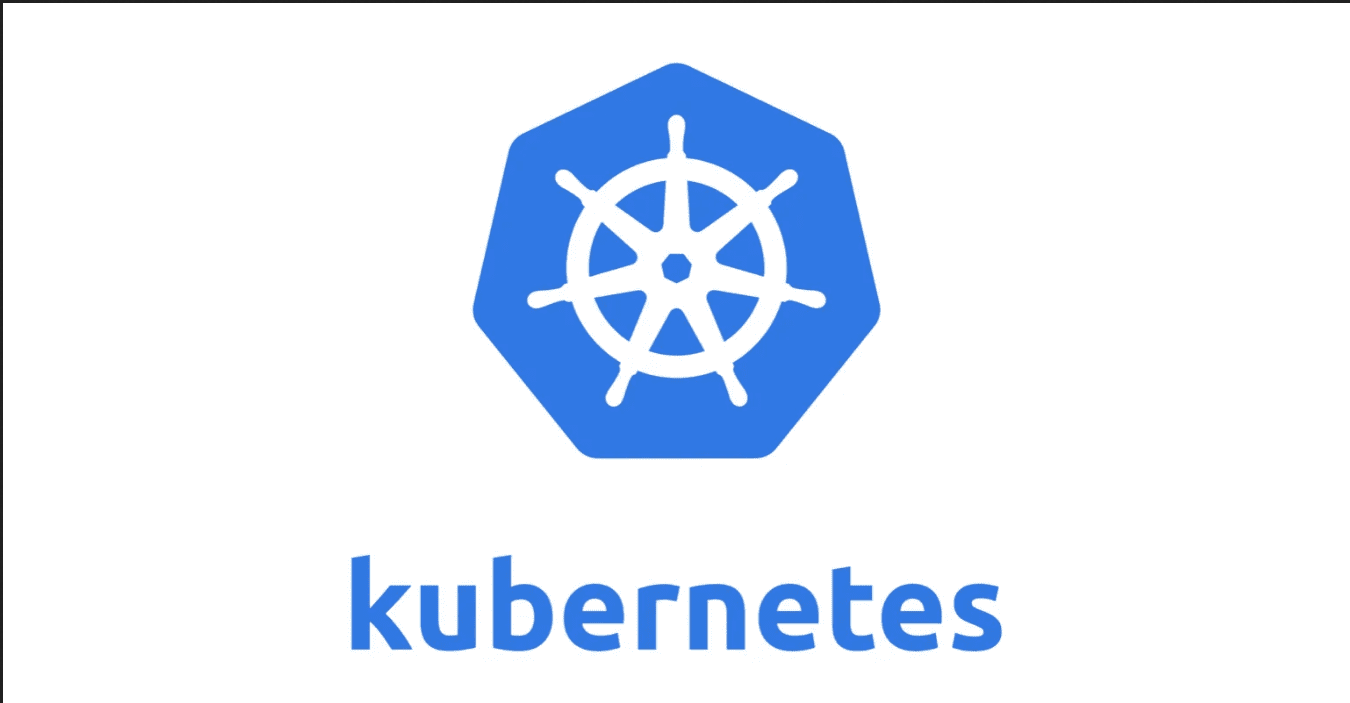
Kubernetes has gained a lot of popularity as devescopes tool and without a doubt, a lot of users and non-users are talking about it. It is a great container-based platform and took the container feature at a different level. Though Kubernetes Monitoring is quite new into the market yet gained a lot of popularity as it allows you to group your container into logical units.
Kubernetes Monitoring and Docker DevOps both are container-based DevOps Tools. Hence, your choice among both the tools depends on your architecture and the goal you are looking to achieve by containerizing applications or services. As the breaking of large products or applications into small running form into the container will definitely prove to be a great development help. This breakage of product or application will give good development speed as well as reliability through limited blast radiuses.
Recommended Reading: What is the Role of DevOps engineer in your Business?
With the Kubernetes Monitoring tool, you are not required to tie all your containerized applications or products to a single machine. Whereas, you can easily deploy it to a number of computer systems in a group. However, Kubernetes monitoring automatically does the distribution and scheduling of containers in the entire group. Its group cluster consists of one master and several workers ends. The master node implements the organization’s pre-defined rules and allows the movement of containers towards the workers’ node.
5. Ansible
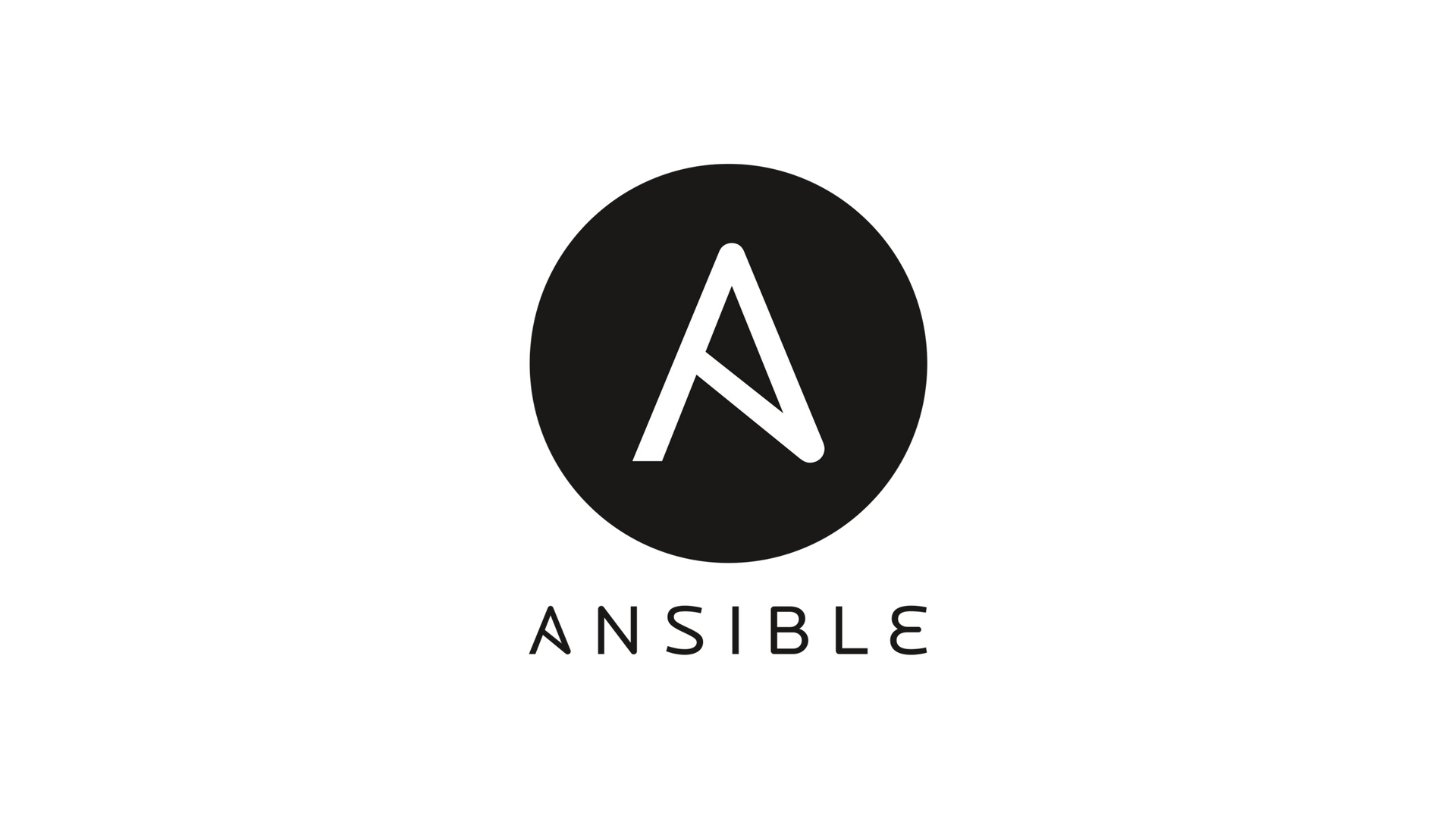
Ansible is one of the DevOps Monitoring Tools based on open-source application development. This DevOps monitoring tool configures infrastructure for software development and also automates the deployment. It provides configuration management and software provisioning tools that effectively runs on UNIX as well as Windows-based systems.
It is considered as one of the most simple yet effective IT coordinated and Configuration Management tools in the market. Ansible is a quite similar DevOps tool to Puppet and Chef. Ansible follows the Infrastructure As Code (IAC) approach and uses a very simple YAML Syntax. It is a highly secure and very lightweight solution for configuration management automation.
Ansible allows DevOps to automate the setups, updates, restart, and other maintenance required in an application and the infrastructural components. It helps in minimizing a lot of human errors and saves a lot of DevOps quality time, which used to get wasted in manually configuring systems and CI/CD Pipelines.
Though it is very easy to use and even novice developers used to get a simple feel while using it, despite that, it offers a number of advanced features as well. Minimizing the expenses over infrastructure and increasing the replication speed are the two major reasons which are making Ansible an absolute favorite DevOps Tools in the IT Companies.
The number of familiar and established companies that are already using Ansible DevOps tools are Viasat, CapitalOne, NASA, and many more.
6. Puppet
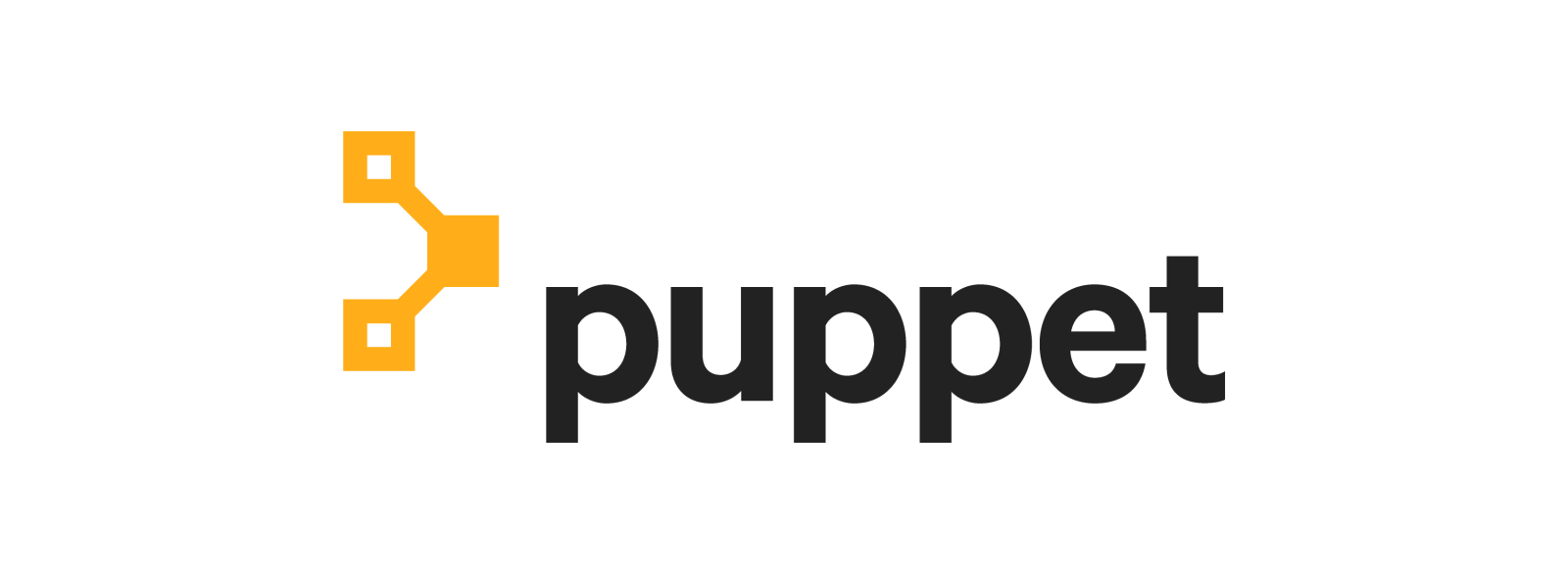
Puppet is an Open-Source configuration management tool considered as one of the effective DevOps Monitoring tools. Puppet DevOps uses this tool to automate the method of inspection, delivery, and software operation during the entire lifecycle. It is a platform-independent DevOps tool.
Basically, it is termed as a cross-platform configuration management tool, hence, while developing the software the Puppet DevOps tool will ensure that all the configurations have been implemented everywhere. As it easily automates the infrastructure management, the DevOps can deliver the final product fast and with good security too.
It provides Client-Server architecture and can work for hybrid infrastructure and applications with ease. DevOps toolbox Puppet can support multiple operating systems including Windows, Linux, and Unix. Puppet works effectively in large infrastructural organizations, for that Puppet Enterprise provides extra features, i.e. Real-time Reports, Node Management, and Role-based Access Control.
Recommended Reading: 10 Tips to Remember while Hiring DevOps Engineer
Puppet Enterprise automatically understands the relationships and can effectively manage multiple teams and thousands of resources. Apart from that, it can deal with dependencies and manage failures very smartly.
There are many huge and renowned companies which use Puppet as the DevOps monitoring tool, these are Cisco, Teradata, Scripps, and JP Morgan Chase & Co.
7. Nagios

Nagios is another most familiar and Open-Source DevOps Monitoring Tools. With this you can easily monitor your infrastructure which helps in analyzing the issue quickly and fix the problem without any delay. Nagios DevOps Tools can keep a record of every event, outages, and failures as well.
Nagios devescopes tools the feature its offers to all its users are like, it helps in monitoring and troubleshooting the server performance issues. It can also plan infrastructure upgradations before the existing outdated system can cause any failure.
Nagios provides two different methods for Server Monitoring i.e. Agent-based and Agentless. However, it also keeps an eye over network connections, routers, switches, and other required things to monitor the network.
With Nagios, the entire data center can be monitored from a single server and can check on all the variety of network connections as well. Whereas, in the case of an event failure, Nagios is so much capable that it sends instant alerts to the technical staff and makes them start the recovery process before it may affect other business processes adversely.
Nagios offers 4 different types of Open-source DevOps Monitoring tools for solutions;
- Nagios Core,
- Nagios XI,
- Nagios Log Server, and
- Nagios Fusion.
Nagios Core is a Command-line tool that works with all the basic functionalities.
Nagios XI is available with a monitoring wizard and web-based GUI.
Nagios Log Server allows log data search and allows alert over any kind of potential threats.
Nagios Fusion allows its users to monitor multiple networks at the same time.
The number of familiar and established companies that are already using Nagios DevOps tools are Yahoo, Sony, MTV, Siemens, Toshiba, Comcast, and many more.
8. Chef
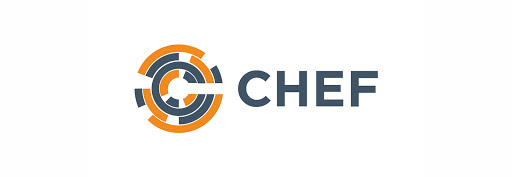
The Chef DevOps monitoring tools help in automating the infrastructure and checks the configuration which is applied everywhere. An Imperative Language is used by Chef monitoring tools to manage the effective configuration. This monitoring tool provides DevOps and IT teams the free hand to program every aspect of their nodes as well as a great customization facility.
However, it is recommended not to customize too much, as it can result in high complexity, tech debt, and unnecessary procedures. Chef supports multiple platforms like AIX, FreeBSD, RHEL/CentOS. It has active, fast-growing, and smart community support.
Recommended Reading: Top 10 DevOps Engineers around the World
Along with a good customization facility, Chef DevOps tools make sure that the configuration policies remain flexible, readable, testable, and versionable. It is a very friendly configuration management tool and uses the CI/CD tool approach for developers. However, sometimes Chef DevOps monitoring tools become difficult to handle for the Operations Team which are highly traditional.
There are many renown and established companies that are already using Chef as the DevOps tool are Mozilla Firefox, Facebook, Expedia, Hewlett Packard Enterprises, Walt Disney, Google Cloud Platform, and many more.
9. Raygun
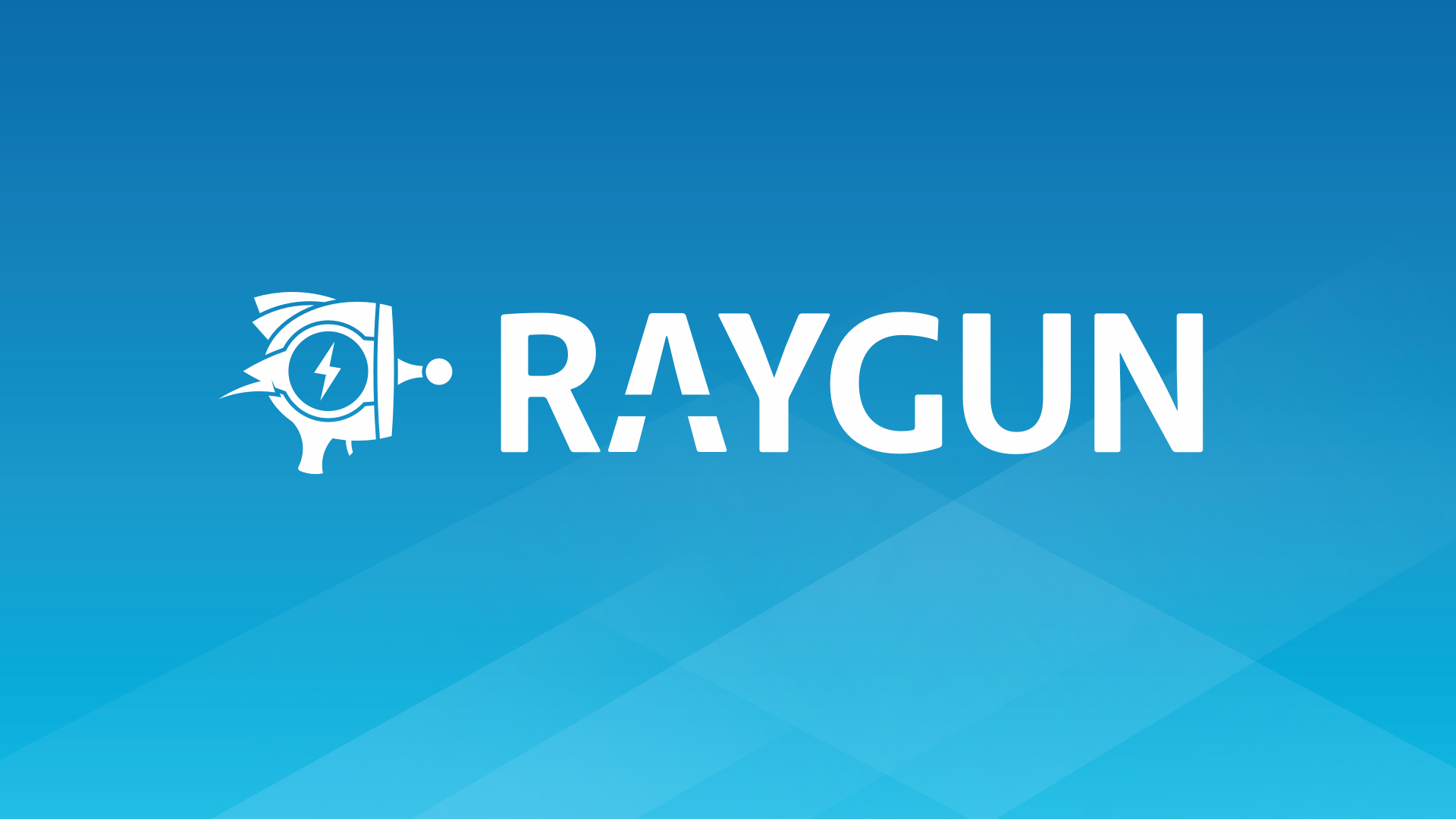
Raygun is one of the DevOps tools which gives a real insight into the way the users experience your services. Application Performance Management Monitoring is the recent product of Raygun in the list of DevOps tools. With these DevOps tools you can easily analyze the performance issues and can track them back to the exact line of code, function, or API call.
Raygun has the wonderful ability to provide detailed reports of everything ranging from full-scale application crashes and downtime to the performance graphs like network latency, load speeds, etc. Raygun’s real-user monitoring tool feature can expose both server-side and client-side issues for customers and can help the product team in prioritizing and engineered roadmap in order to handle the real problems.
Raygun DevOps tool links error back automatically to the source code, as a result, Raygun allows Development and Operations together by allowing the one source of truth for the whole team about the reasons for errors and the performance problems as well. Raygun also highlights the points which require improvement or can be improved.
10. Selenium

Selenium is a powerful and popular automated Testing tool. The DevOps based teams majorly rely on fast methods of testing to improve Quality Assurance without slowing down the software development life-cycle.
It is a portable DevOps monitoring tool of software testing framework for web applications. It also provides an easy interface for the development of automated testing.
Like many other DevOps monitoring tools, Selenium is also a free and open-source Devops tool. It supports multiple platforms easily for testing i.e. Android and iOS. Selenium also allows multiple languages in writing test scripts like Java C#, Python, Ruby, Php, Pearl, JavaScript.
From DevOps point of view, automated testing is a great benefit and necessary for DevOps and IT practitioners to have more time in writing and delivering new codes instead of implementing testing and manually fixing issues in the deployment backlogs.
The number of familiar and established companies that are already using Selenium DevOps tools are IBM, J.P.Morgan, Fidelity, Cognizant, Google, SalesForce, and many more.
These are the top 10 DevOps monitoring tools of 2020, which are being majorly adopted by the small and big companies all across the globe. However, to choose the appropriate DevOps tool for the company requires a handful of testing and experimentation. Though, most of the commercial DevOps Tools are available in the market with the free trials which allow you to test and evaluate the monitoring tools at no cost at all. Hence, always be clear about your requirements and be sure before finally implementing the DevOps tools. As each software and DevOps tools will provide tangible value to the organization so be sure before making any purchase decision.
Having any single tool or a combination of tools among these tools and having them by your side will definitely lead to a mark of confidence and generates accountability among your DevOps for the uptime and overall performance of the services they support.
If you are looking for experienced and highly-skilled DevOps Engineers to develop or transform your business then EngineerBabu is a great destination for you. You can hire DevOps Engineers at a very affordable price and . Feel free to contact us at any time.

